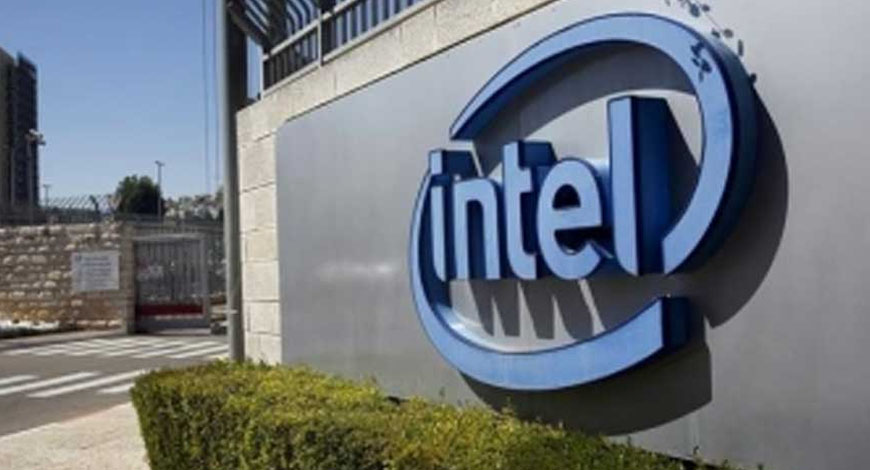Company News
Intel introduces 1st large-scale neuromorphic system to enable sustainable AI

Intel has unveiled the world’s largest neuromorphic system, named Hala Point, to promote more sustainable and efficient AI. Utilising Intel’s Loihi 2 processor, the system is designed for research in brain-inspired AI and addresses challenges in today’s AI efficiency and sustainability.
Hala Point, initially deployed at Sandia National Laboratories, improves on Intel’s previous large-scale research system, Pohoiki Springs, with over 10 times more neuron capacity and up to 12 times higher performance.
“The computing cost of today’s AI models is rising at unsustainable rates. The industry needs fundamentally new approaches capable of scaling. For that reason, we developed Hala Point, which combines deep learning efficiency with novel brain-inspired learning and optimisation capabilities. We hope that research with Hala Point will advance the efficiency and adaptability of large-scale AI technology,” said Mike Davies, director of the Neuromorphic Computing Lab at Intel Labs.
These capabilities surpass those of systems based on GPUs and CPUs. Its advanced features enable real-time continuous learning for applications such as smart city management, scientific problem-solving, and large language models.
Sandia National Laboratories plans to use Hala Point for advanced brain-scale computing research, focusing on scientific computing challenges across various disciplines. The system’s large-scale capacity allows researchers to tackle complex problems in fields ranging from commercial to defence to basic science.
“Working with Hala Point improves our Sandia team’s capability to solve computational and scientific modelling problems. Conducting research with a system of this size will allow us to keep pace with AI’s evolution in fields ranging from commercial to defence to basic science,” said Craig Vineyard, Hala Point Team Lead, Sandia National Laboratories.
While Hala Point is a research prototype, its development promises advancements such as continuous learning in large language models, significantly reducing the training burden in AI deployments. Intel anticipates further progress in the field by applying neuroscience-inspired computing principles to minimise power consumption and maximise performance. Analytics India Mag















You must be logged in to post a comment Login